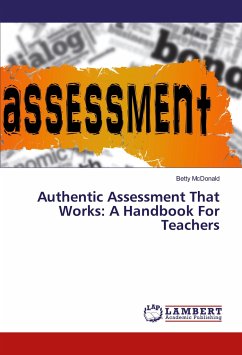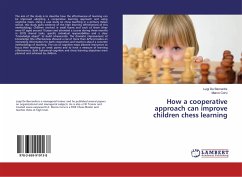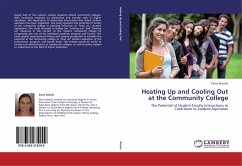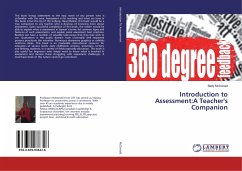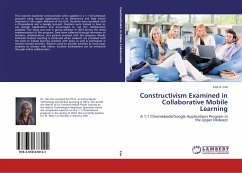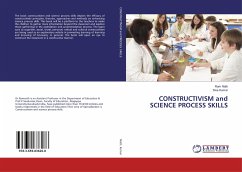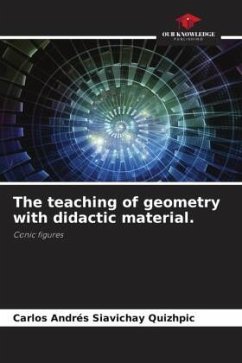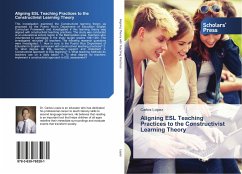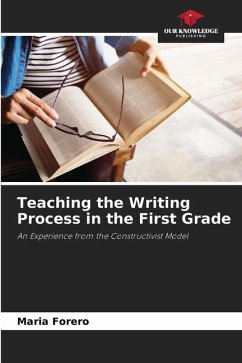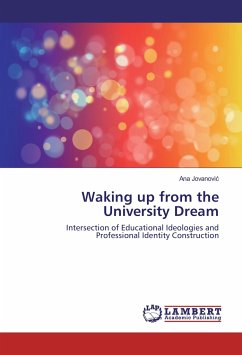
Waking up from the University Dream
Intersection of Educational Ideologies and Professional Identity Construction
Versandkostenfrei!
Versandfertig in 6-10 Tagen
28,99 €
inkl. MwSt.

PAYBACK Punkte
14 °P sammeln!
Through a transdisciplinary, qualitative approach, this study explores the nature of students' belief-systems at the university level that, although very complex, dynamic, and multifaceted, manifest certain sturdiness and resilience to change. This is in part a consequence of an incomplete learning process in which both the dominant cultural model of education and alternative educational experiences have not been brought to consciousness. As such, underlying belief-systems remain tacit and inaccessible for students to evaluate and to modify in accordance with a coherent ideology of education. ...
Through a transdisciplinary, qualitative approach, this study explores the nature of students' belief-systems at the university level that, although very complex, dynamic, and multifaceted, manifest certain sturdiness and resilience to change. This is in part a consequence of an incomplete learning process in which both the dominant cultural model of education and alternative educational experiences have not been brought to consciousness. As such, underlying belief-systems remain tacit and inaccessible for students to evaluate and to modify in accordance with a coherent ideology of education. A systematic analysis and reconsideration of underlying educational ideologies must form part of the study program if our goal is to prepare students for an active participation in the relevant communities of practice.



